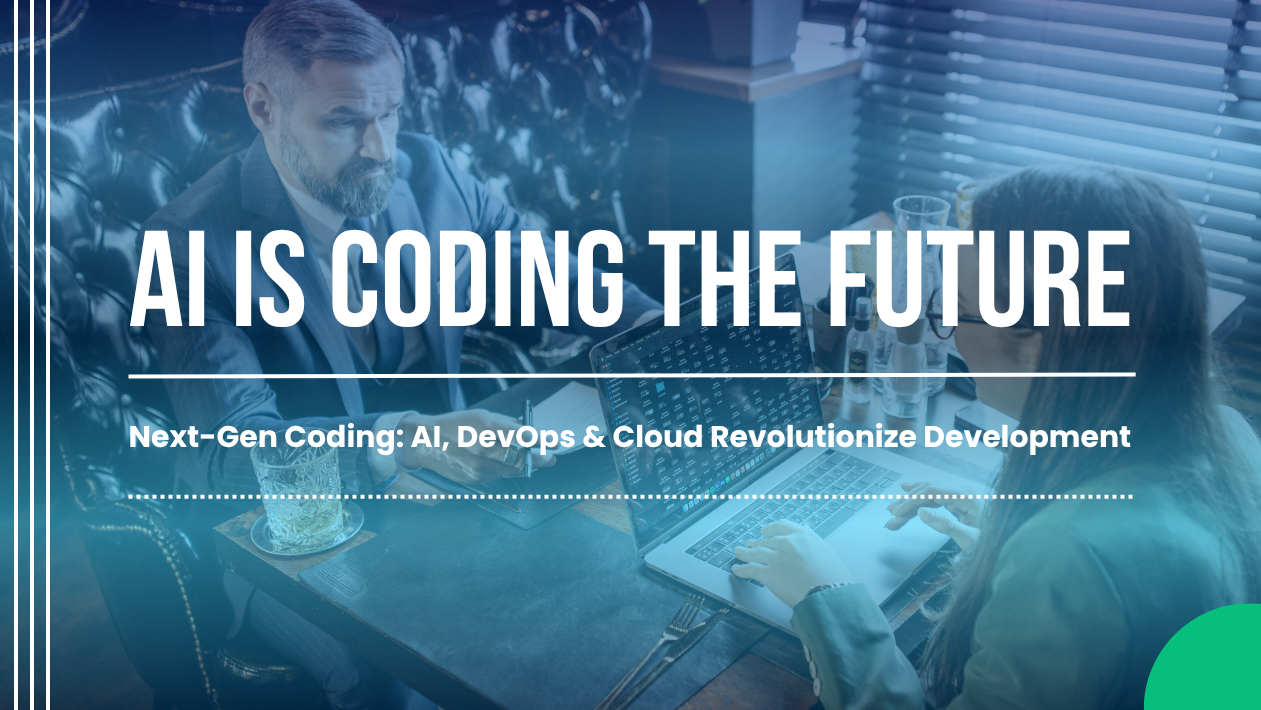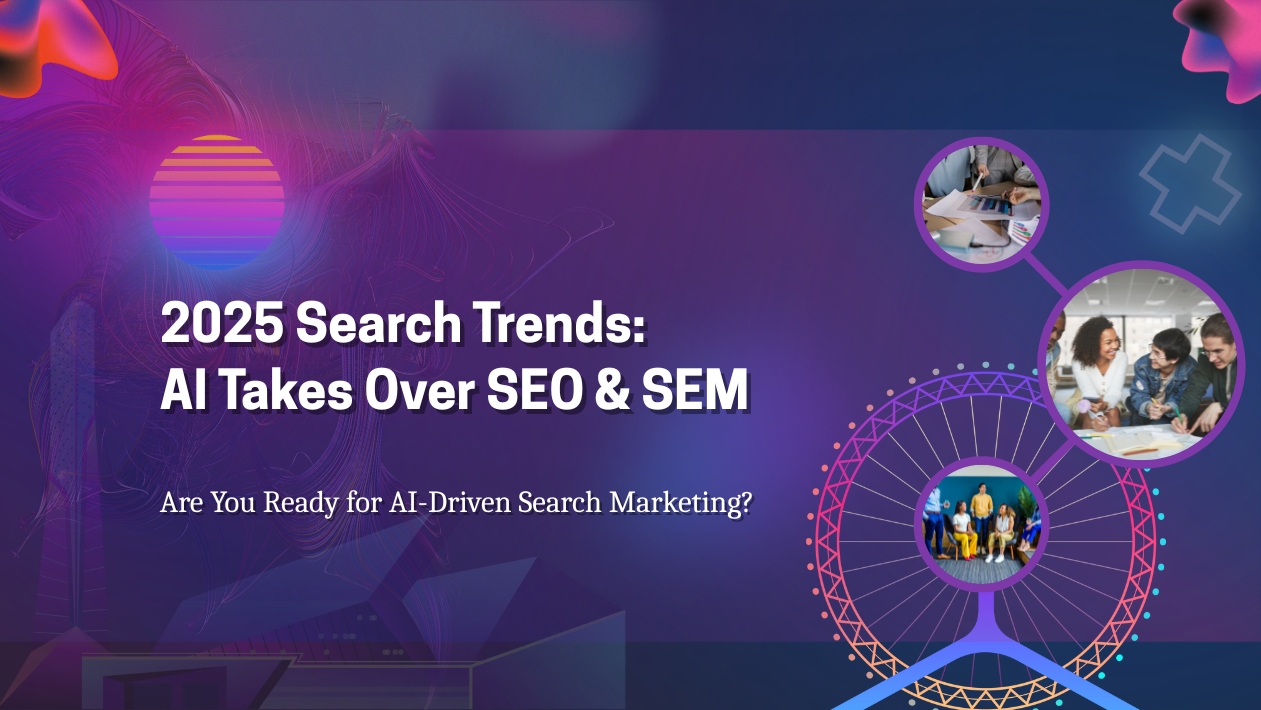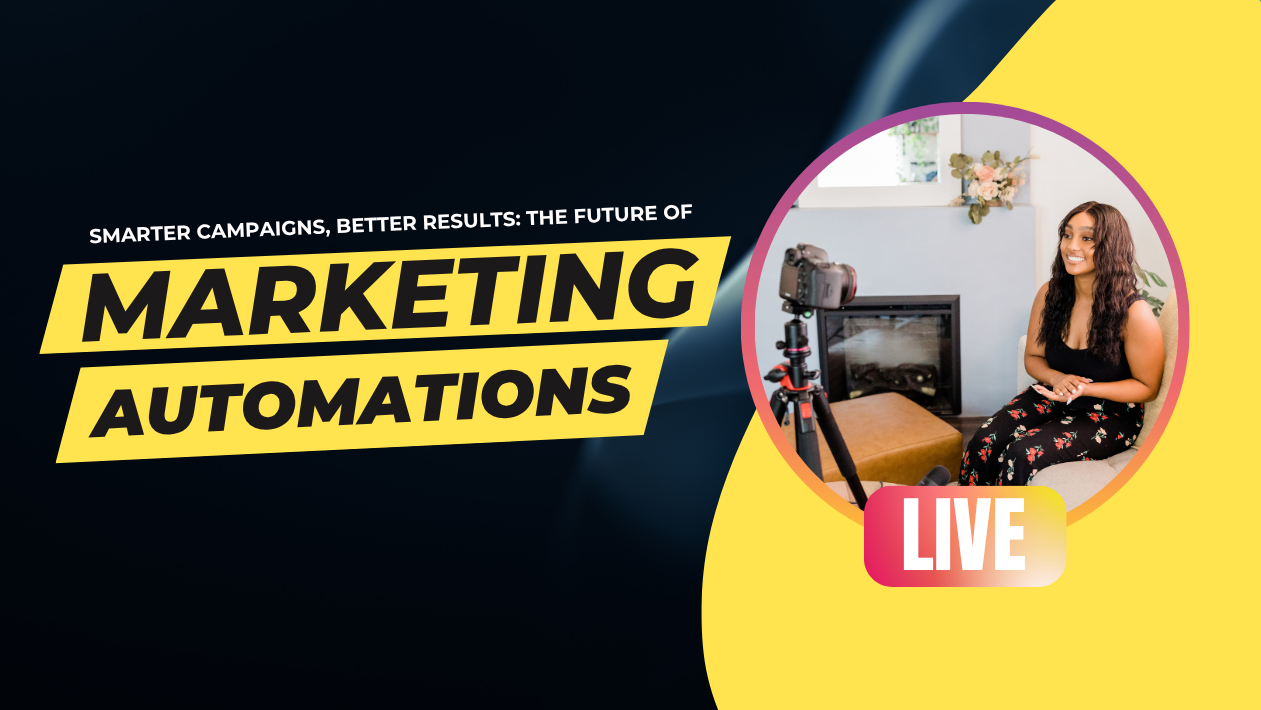In 2025, cloud computing has evolved far beyond storage and scalability—it’s now the core infrastructure behind AI, automation, and digital transformation across industries. From banking to healthcare and retail to logistics, enterprises are leveraging cloud-native technologies to gain agility, resilience, and global reach.
According to a report by IDC, 93% of enterprises now operate in a multicloud environment, while 78% use a combination of public and private cloud infrastructure to support their hybrid IT strategies.
AI and Cloud: A Powerful Combination
Cloud platforms are now deeply integrated with AI services, enabling real-time analytics, intelligent automation, and smarter applications. Providers like Amazon Web Services (AWS), Microsoft Azure, and Google Cloud are offering pre-trained AI models and APIs that enterprises can easily integrate into their apps—without needing deep data science expertise.
This has significantly lowered the barrier to entry for AI adoption at scale.
Edge Computing Gains Momentum in IoT and Smart Cities
As devices and sensors proliferate, edge computing—processing data closer to its source—is becoming critical. Industries such as manufacturing, automotive, and healthcare are deploying edge nodes to minimize latency, reduce bandwidth costs, and enable real-time decision-making.
Leading cloud vendors now offer edge-to-cloud orchestration tools, giving organizations unified control across distributed environments.
Multicloud Strategies Enhance Flexibility and Risk Management
Rather than relying on a single vendor, enterprises are opting for multicloud strategies to avoid vendor lock-in and increase resilience. Tools like HashiCorp Terraform, VMware Tanzu, and Google Anthos help manage and secure workloads across AWS, Azure, GCP, and private clouds.
This approach allows organizations to optimize performance, cost, and regulatory compliance.
Cloud Security and Sovereignty Take Center Stage
With increasing data breaches and geopolitical tensions, companies are prioritizing cloud security, compliance, and data sovereignty. Cloud providers now offer built-in zero-trust security models, encryption by default, and localized data centers to meet regional laws like GDPR and India’s DPDP Act.
Confidential computing—which keeps data encrypted even during processing—is also gaining traction.
Serverless and Container Technologies Accelerate DevOps
Serverless computing and containers (e.g., Kubernetes) are revolutionizing how developers build and deploy applications. These technologies allow for faster releases, better scalability, and cost efficiency, especially for startups and agile enterprises.
Platform as a Service (PaaS) offerings are empowering teams to focus on innovation, not infrastructure management.
Sustainability Becomes a Cloud Priority
With rising energy concerns, cloud giants are committing to net-zero carbon goals. Google Cloud now runs on 100% renewable energy, and Microsoft aims to become carbon negative by 2030. Customers are also given tools to monitor the carbon footprint of their cloud workloads and optimize energy use.





